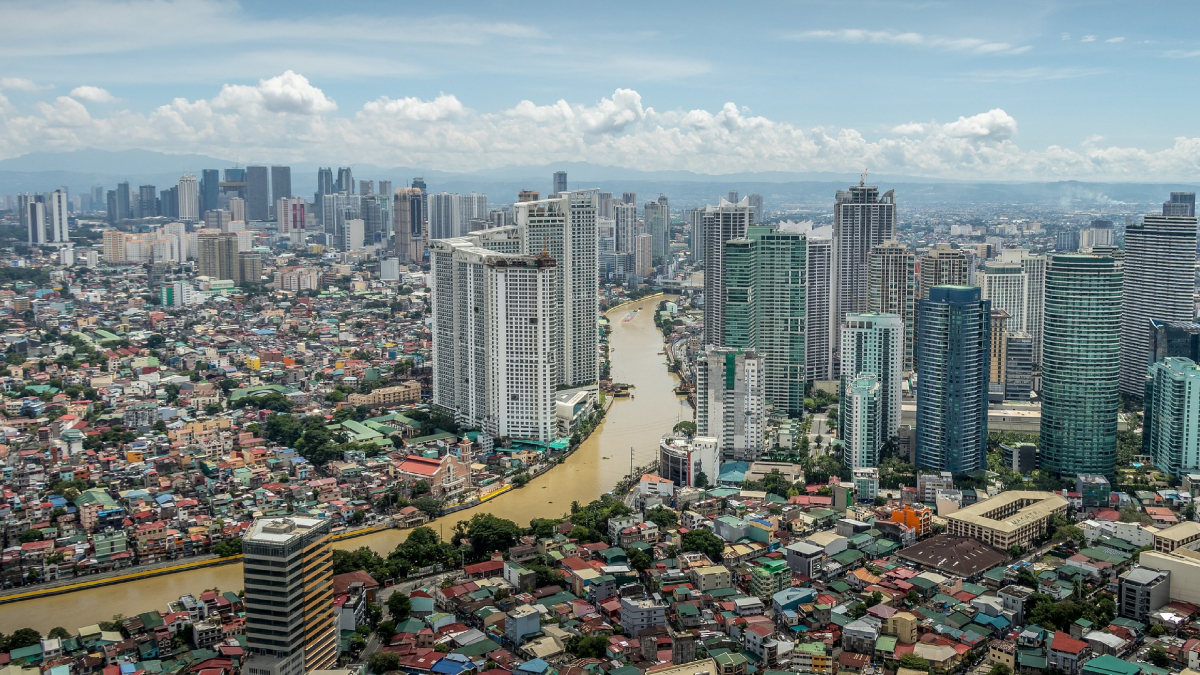Inflation in the Philippines saw an increase in July, driven by rising costs in utilities, food, and transportation, according to the Philippine Statistics Authority (PSA). National Statistician Claire Dennis Mapa reported at a press conference that the inflation rate climbed to 4.4% in July, up from 3.7% in June. This brought the year-to-date inflation to 3.7%, within the government’s target range of 2% to 4%.
The faster rise in prices was mainly attributed to a significant increase in the cost of housing, water, electricity, gas, and other fuels, which surged to 2.3% from 0.1% in June, contributing 70.4% to the overall inflation rate for the month.
Food and Non-Alcoholic Beverages also saw an uptick, with an inflation rate of 6.4%, up from 6.1% in June, contributing 17% to the overall increase. Notable price hikes were seen in meat, fruits, and nuts, alongside a slower decline in fish and other seafood costs.
The transport sector contributed to the inflation rise with a rate of 3.6%, driven by higher gasoline and diesel prices.
Despite the increase in overall inflation, some food items, like rice, saw a decrease in inflation, dropping to 20.9% from 22.5% in June.
National Economic and Development Authority (NEDA) Secretary Arsenio Balisacan stated that the government is taking measures to ensure food security and support vulnerable sectors amid the higher inflation and the ongoing La Niña phenomenon, expected to last until the first quarter of 2025.
Inflation in Metro Manila rose to 3.7%, while areas outside the capital saw a rate of 4.6%. The bottom 30% income households experienced an inflation rate increase to 5.8%, mainly due to higher utilities and food costs.
The Bangko Sentral ng Pilipinas (BSP) indicated that the balance of risks to the inflation outlook has shifted to the downside for 2024 and 2025 but noted that higher prices of food items other than rice and increased transport and electricity charges continue to pose risks. The BSP will assess the latest inflation data in its upcoming monetary policy meeting.






